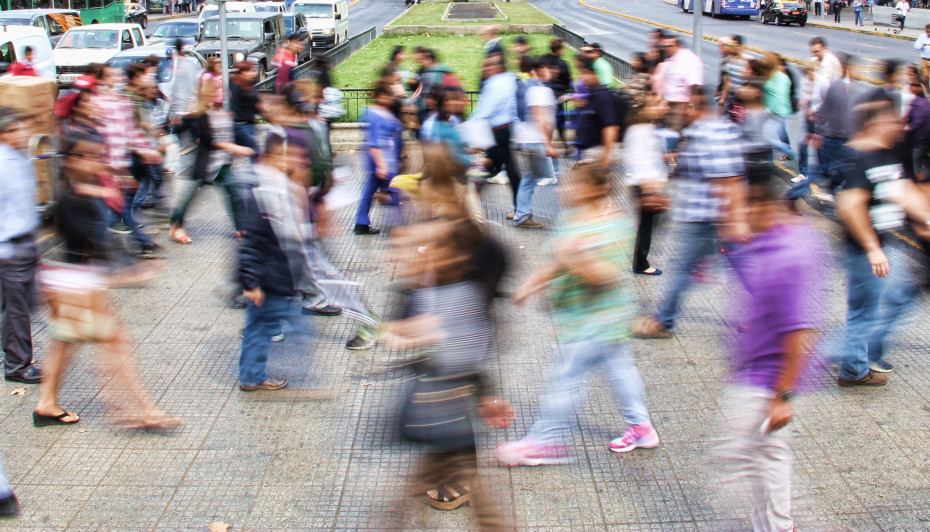
Image Credit: mauro mora/Unsplash
Living in the United States, in a land of (generally) functional government services, we take an awful lot for granted. We expect to be able to board a plane, provide a copy of a driver’s license or employee ID to get into a building, and pay with a credit card.
All day, every day, we expect people to trust that we are who we say we are.That’s a privilege we shouldn’t take for granted. Because for over 1 billion people, what I just described isn’t a day to day reality.
Unlike us, they never had a birth certificate, which means they often couldn’t access basic healthcare or enroll in public education. And unlike us, they were simply unable to get a line of credit or claim their government benefits. These people – 1/6 of the planet — live invisibly.
For these individuals, paper-based identity credentials aren’t much of a solution. Imagine a refugee fleeing from war — stopping at the safety deposit box to pick up a birth certificate isn’t always top of the list. And paper-based credentials can be lost or destroyed, or even worse, may place that refugee directly in harm’s way. Without validation from their country of origin and removed from communities that could provide informal confirmation of identity, displaced people can find themselves without any officially recognized identity at all.
In contrast, digital identity — the set of electronically captured and stored attributes and credentials that can uniquely identify a person — places control in the hands of the individual.
If properly designed, digital identity can be portable (retrievable without reliance on a piece of paper), persistent (interoperable across institutions), private (only relevant information needs to be disclosed), and personal (uniquely linked to the individual).Digital identity would allow some of the most vulnerable people on the planet the power to write their own narrative, accumulate trust, and craft their future.
While the need for digital identity is acutely felt by those with no identification whatsoever, the truth is that this technology would offer benefits to you or I, too. Imagine the headache of opening a new bank account gone because the bank could seamlessly — and critically, without even seeing your private data — know that you were you. Or being able to enter a bar without sharing your address and birthdate (and whatever else is on your ID card); instead, simply sharing, in a manner the bouncer…
The post Why ‘every person on the planet’ will need a digital ID appeared first on FeedBox.